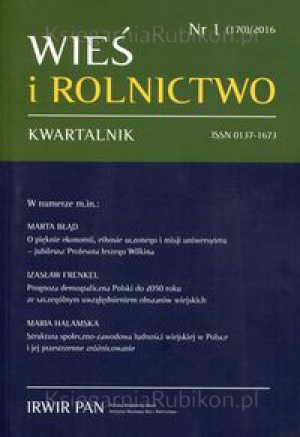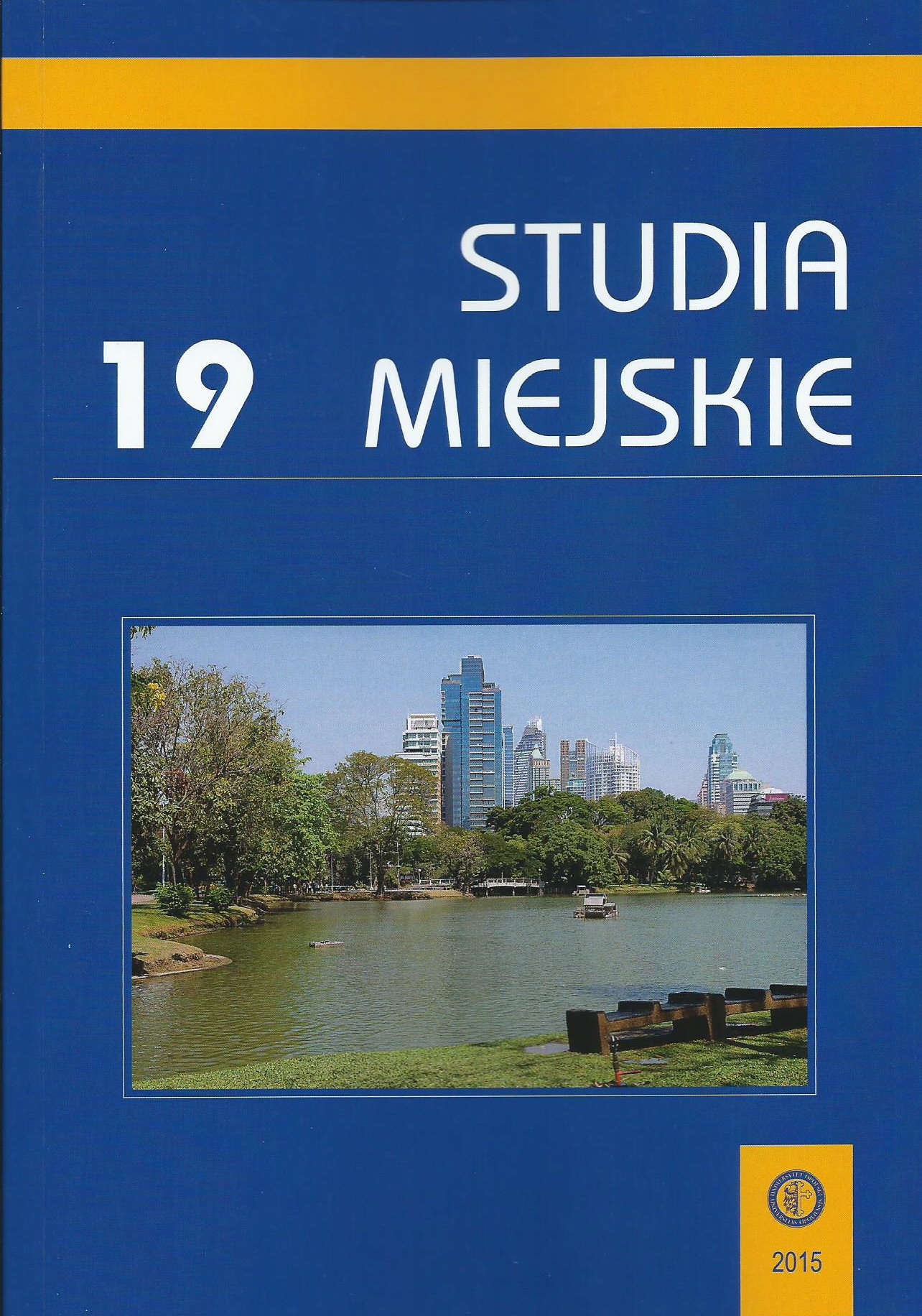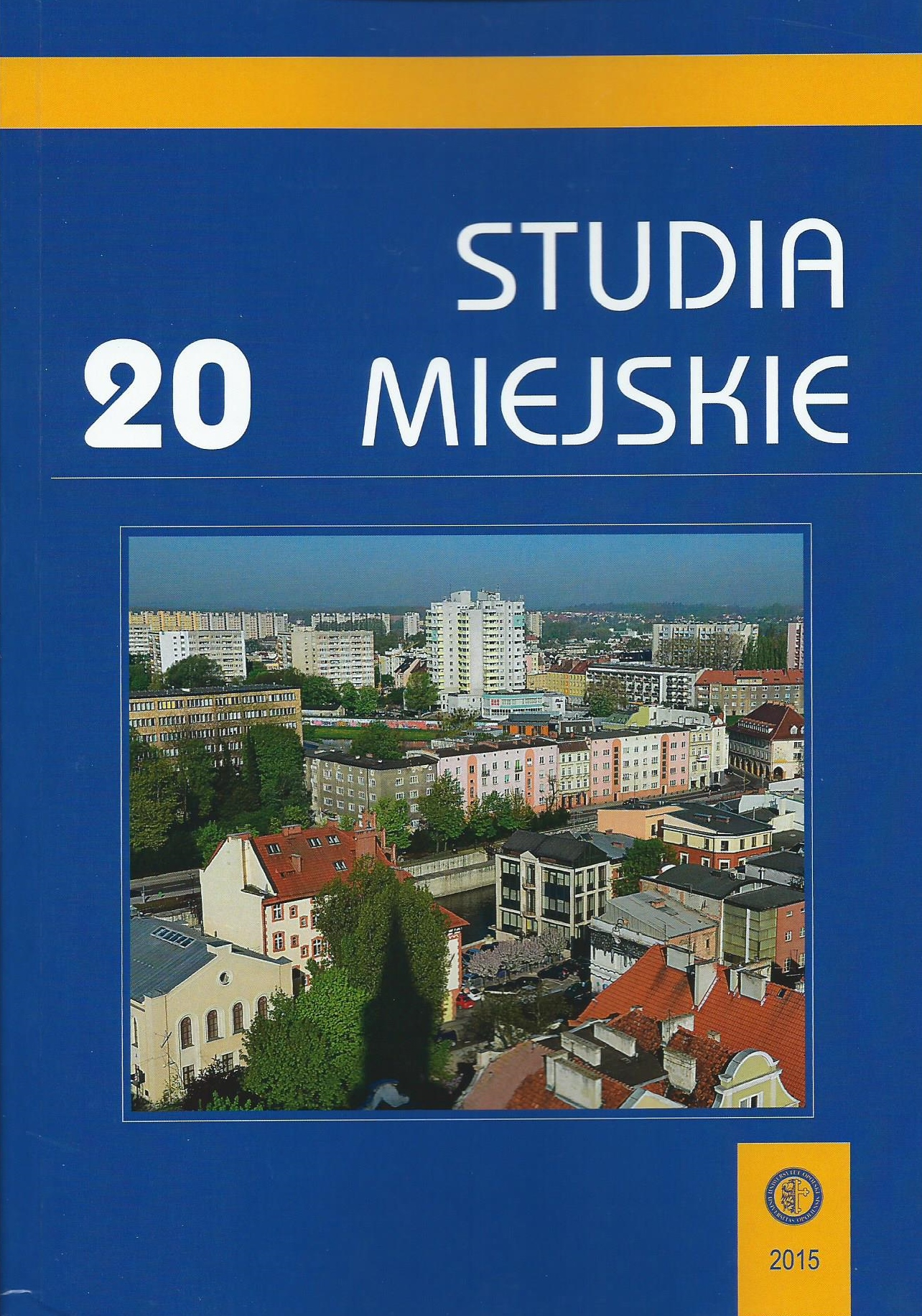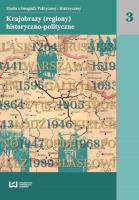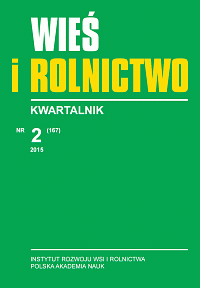
Przestrzeń jako uwarunkowanie rozwoju obszarów wiejskich w Polsce
There are no revolutionary changes occurring and expected to occur in the spatial structures of rural areas. They have rather an evolutionary format of differing nature and intensity. These processes have often far-reaching consequences for rural development. The influence of European Programmes and funds has effected a process of rural areas modernization and reorganization, however, economic growth has resulted in spontaneous investment and the expansion of urbanization and urban sprawl not only in the immediate vicinity of urban areas but also in many remote regions, which are peripheral and until recently dominated by agricultural production.This article presents elements of a vision of the spatial development of the Polish countryside in the next decades. It has as its context the main factors which will result in changes (or no change) of the rural areas and the current and future affect on rural inhabitants and how this will shape their future behaviour. The effect on residents and users of rural areas will depend largely the structure of rural spatial organization, its intensity and form of its development, and the preservation of the villages natural and cultural assets.Artykuł jest próbą oceny zmian, jakie zachodzą w przestrzeni wiejskiej w okresie po 1990 roku. Wskazano wpływ przekształceń w zagospodarowaniu obszarów wiejskich na możliwości i kierunki rozwoju wsi w kontekście uwarunkowań historycznych, wizji zagospodarowania przestrzennego oraz nowych form zabudowy pojawiających się na wsi. Zwrócono uwagę na lokalizację zmian przestrzennych wsi – dotyczą one zarówno obszarów zabudowanych, jak i stref użytkowanych rolniczo, obejmują również użytki ekologiczne. Przekształcenia przestrzeni wiejskiej oddziałują bezpośrednio i pośrednio na warunki życia i pracy mieszkańców wsi, na ich relacje społeczne i kulturowe, ponadto kształtują ich przyszłe zachowania ekonomiczne i społeczne. Od użytkowników obszarów wiejskich w znacznym stopniu zależy struktura przestrzeni wiejskiej, intensywność i formy jej zagospodarowania, a także uporządkowanie i stopień zachowania walorów, zarówno przyrodniczych, jak i rolniczych oraz krajobrazowych i kulturowych wsi. Zwrócono uwagę na znaczenie czynników zewnętrznych – funkcjonowanie systemu planowania zagospodarowania przestrzennego, systemu przyciągania inwestycji na wieś, oddziaływanie europejskich środków i dokonywanie wyboru głównych kierunków rozwoju wsi.
More...
